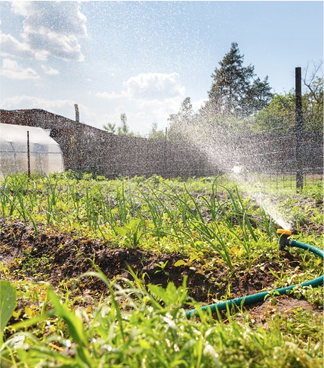Self-Drilling Screws for Roofing Applications and Their Advantages
Understanding Roofing Self-Drilling Screws The Essential Guide
When it comes to roofing projects, selecting the right fasteners is crucial for ensuring durability and longevity. Among the many fasteners available, roofing self-drilling screws stand out as a vital component in modern construction. This article will explore what self-drilling screws are, their benefits, and tips for using them effectively.
What are Roofing Self-Drilling Screws?
Roofing self-drilling screws are specialized fasteners designed explicitly for securing metal roofing and other materials. Unlike traditional screws that require pre-drilled holes, self-drilling screws come equipped with a drill point that allows them to create their own holes as they are driven into the substrate. This feature not only saves time but also ensures a tighter, more secure connection.
Typically made from high-strength steel, these screws are often coated with a corrosion-resistant material to withstand weather elements. Available in various sizes and lengths, roofing self-drilling screws are designed for specific applications, such as attaching metal roofing sheets or securing insulation panels.
Benefits of Using Self-Drilling Screws
1. Time Efficiency One of the most significant advantages of self-drilling screws is the time they save. The built-in drill point eliminates the need for pre-drilling, allowing contractors to complete projects more rapidly.
2. Cost-Effectiveness While self-drilling screws may have a slightly higher upfront cost compared to standard screws, the reduced labor time leads to overall savings. For large projects, this can result in significant financial benefits.
3. Enhanced Seal Self-drilling screws often come with rubber washers that create a watertight seal when tightened. This feature is crucial for preventing leaks and ensuring the integrity of the roofing system.
4. Versatility These screws are not only suitable for roofing but can also be used in various applications, including siding and metal buildings. Their versatility makes them a go-to choice for many contractors.
roofing self drilling screws

5. Resistance to Corrosion Given their typical use in outdoor environments, roofing self-drilling screws are designed to resist rust and corrosion, extending the life of the installation.
Tips for Using Roofing Self-Drilling Screws
To ensure optimal performance, follow these guidelines when using roofing self-drilling screws
- Choose the Right Type It's essential to select screws that are designed specifically for roofing applications. Check for features such as appropriate length, diameter, and corrosion resistance for your specific project.
- Proper Installation Use a power screwdriver or drill with a setting that prevents over-tightening. Over-tightening can damage the roofing material and reduce the effectiveness of the seal.
- Follow Manufacturer's Instructions Always adhere to the manufacturer's guidelines for installation. This ensures not only proper performance but also compliance with any warranties.
- Inspect Regularly After installation, periodically check screws for any signs of wear or corrosion. Early detection can prevent larger issues down the line.
- Use the Right Accessories Pair self-drilling screws with compatible washers and sealing materials to enhance waterproofing and stability.
Conclusion
Roofing self-drilling screws are indispensable in contemporary construction, providing reliability and efficiency. Their unique ability to eliminate pre-drilling and create a tight seal ensures that roofing systems stay secure and watertight. By understanding their benefits and following best practices for installation, contractors and homeowners alike can achieve a durable and long-lasting roofing solution. Investing in quality self-drilling screws not only enhances the integrity of the roofing system but also provides peace of mind that the structure will withstand the test of time and the elements.
-
Weatherproof Plastic Expansion Anchors for OutdoorNewsJun.06,2025
-
Sustainability in the Supply Chain: Eco-Friendly TEK Screws ProductionNewsJun.06,2025
-
Load-Bearing Capacity of External Insulation FixingsNewsJun.06,2025
-
Double Head Bolts: Enhancing Efficiency in Industrial MachineryNewsJun.06,2025
-
Corrosion Resistance in Chipboard Screws: Coatings for Wholesale DurabilityNewsJun.06,2025
-
Butterfly Toggle Bolts : Enhancing Structural ResilienceNewsJun.06,2025
